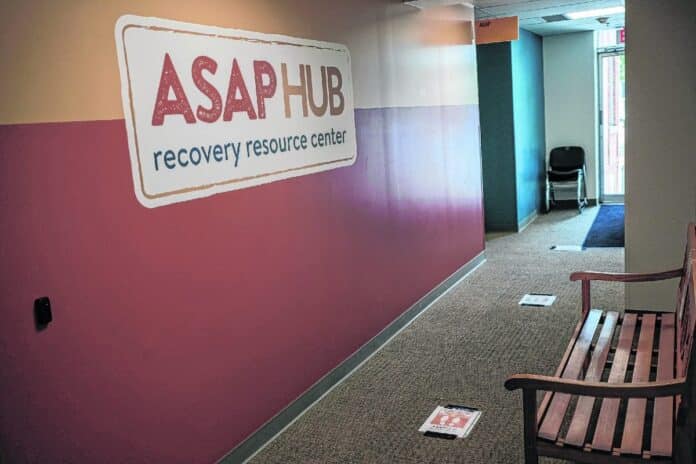
COLUMBUS, Ind. — Alliance for Substance Abuse Progress leaders are planning to look at how they can bolster the community-wide response to substance use disorder over the next year amid a worsening drug overdose crisis that has claimed 101 lives in Bartholomew County since 2017, including at least 30 last year.
Much of the focus for 2021 involves addressing gaps in Bartholomew County’s ability to help people overcome substance use disorder and evaluating the capacity and need for local inpatient treatment options, ASAP officials said.
Among the gaps highlighted by ASAP officials were a potential inpatient medically supervised detox program in Bartholomew County, more recovery housing for women and the possibility of additional ASAP-run recovery homes, said ASAP Executive Director Doug Leonard.
Inpatient medically supervised detox programs are for individuals who are dangerously intoxicated and cannot immediately start a treatment program, according to the Substance Abuse and Mental Health Services Administration.
These programs are similar in some ways to Columbus Regional Health’s Treatment and Support Center, or TASC, as they often use medication to help people withdraw from alcohol or drugs.
The main difference is that TASC is an outpatient treatment program that provides medication-assisted treatment to reduce withdrawal symptoms and cravings so therapists and other medical professionals can help patients find the root causes that may have prompted them to start abusing drugs or alcohol.
The inpatient detox program ASAP officials hope to see in Bartholomew County would be for people who are “so intoxicated that TASC can’t handle them,” Leonard said. The goal is to help these individuals get the drugs or alcohol out of their system so they can start a program like TASC or others in the community.
For more on this story, see Friday’s Republic.




